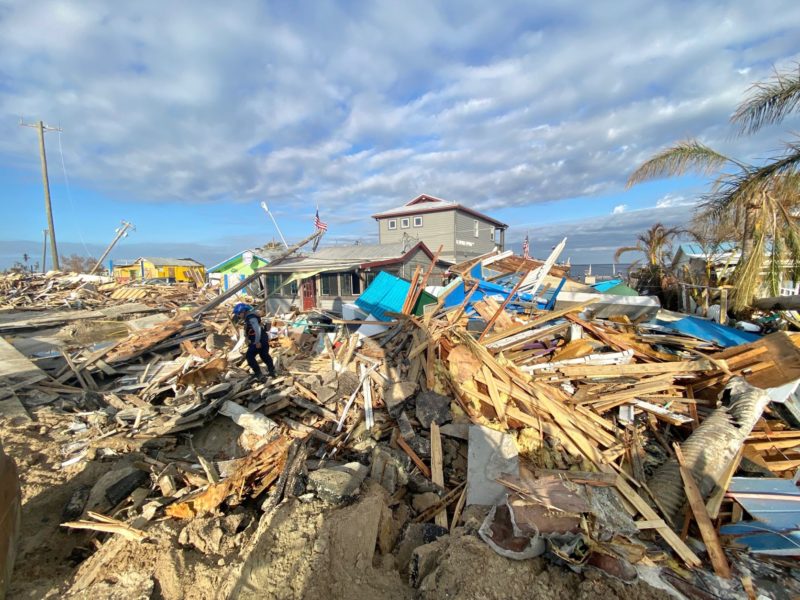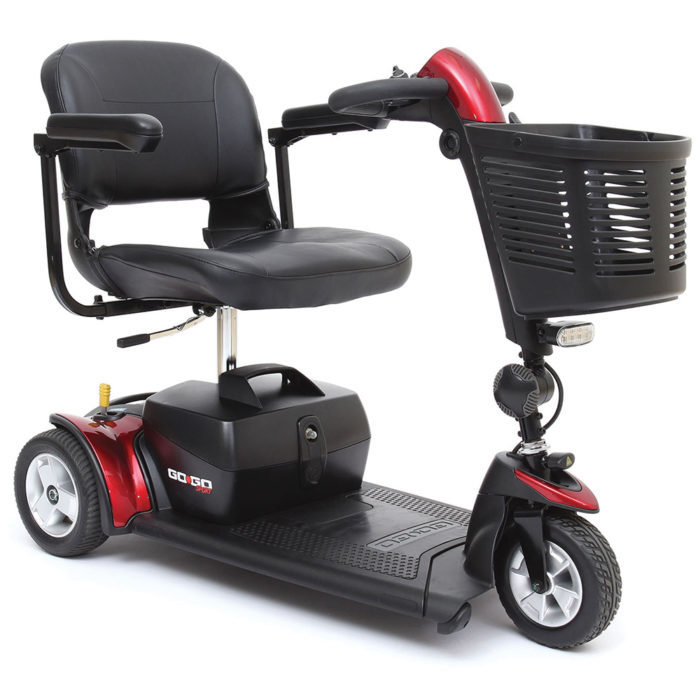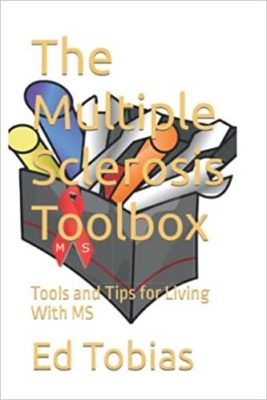“I never thought a disaster would happen to me.”
I’ve lost count of the number of times I’ve heard someone utter that phrase during my four decades in the news media. Last week, disaster happened to me.
About three years ago, my wife and I bought a condo as a wintertime escape from cold, wet, snowy winters in Maryland. Our Florida home is in Punta Gorda. If that rings a bell it may be because it was one of the communities hard hit by Hurricane Ian.
During the storm, TV reports showed metal, apparently from a rooftop air conditioner, wrapped around a telephone pole in our downtown. I know it’s a cliche, but palm trees in our community were snapped like toothpicks, or yanked from the ground, roots and all. The Weather Channel’s Jim Cantore was hunkered down inside a Punta Gorda parking garage for many of his reports, as the back end of the eye wall passed over the downtown area. There was no water for a day, and the power in our community was out for a little over four days. Others nearby had it much worse.
We were lucky
There was a good deal more damage in Fort Myers, about 40 minutes to our south. You’ve probably seen the pictures of 50- and 60-foot boats shoved onto the shore by wind and storm surge – piled onto each other like toys in a messy kid’s room.
As I write this, about a week after Ian struck, the search continues in the Fort Myers area for people who may be trapped and alive. More than 100 people have died in the storm, most of them in Florida.
My wife and I are thanking our lucky stars that we were in Maryland when Ian struck our Florida home.
Sheltering from the storm
But what if we’d been in Florida when Ian threatened? Where would we have gone? How would we have fared?
Because of my multiple sclerosis, I’m pretty much stuck to my scooter to get around. I can only walk a short distance without it, and then I typically use two canes. My wife has her own medical issues. Had we been there, we might’ve been forced into a hurricane shelter, along with our stubborn, noisy Yorkiepoo and our giant, rough-and-tough Maine coon cat. Not an appealing thought.
We might’ve evacuated to a hotel away from the most dangerous area. But that’s also not easy to do. We might also have elected to shelter in place. Our condo is in a very sturdy building, and it weathered the storm without major damage. But with a shift of a couple of miles, we might’ve been hit with the storm surge. We could’ve been trapped, as so many people were.
Is your disability ready for a disaster?
People with a disability like MS need to be ahead of the planning curve, whether we’re making a trip to the grocery store or a concert or sheltering from a disaster.
What would you do if a hurricane, a wildfire, or a blizzard threatened?
In Florida, the state’s emergency management website has several tips for a person with a disability. Two of them seem to be particularly useful to people MS:
- Practice how to quickly explain your condition and your adaptive equipment to someone who is helping you.
- Wheelchair users need to have more than one exit from their residence that is wheelchair accessible. Practice how to escape from your home.
The American Red Cross also has an excellent, detailed guide about how someone with a disability should prepare for a disaster. The Red Cross is one of the disaster agencies that sets up evacuation centers, which have people trained to help those with disabilities do things such as moving from a wheelchair to a cot or navigating a cafeteria-style food line. Many shelters provide shower stools, commode chairs, and other items a person with MS may need.
In Florida, there are shelters designed specifically for people who need extra help because of a medical condition. But you can’t just show up at a special-needs shelter. Registration is required prior to an emergency, and a person with a disability must meet certain eligibility requirements. Other states may have similar shelters and requirements, so contacting emergency management officials where you live before a disaster hits should be part of your plan.
We were very lucky
We didn’t have to decide whether to hunker down or flee. Our power was out for a relatively short time. Our personal property seems to be OK. Nobody in our neighborhood was hurt. But I’ve started working on a more more robust disaster plan for my family. Next time we might not be as lucky.
*Have you read my book, The Multiple Sclerosis Toolbox? It’s available on Amazon.
(A version of this blog first appeared as my column on the Multiple Sclerosis News Today website.)
(Featured image by Jocelyn Augustino, FEMA)



